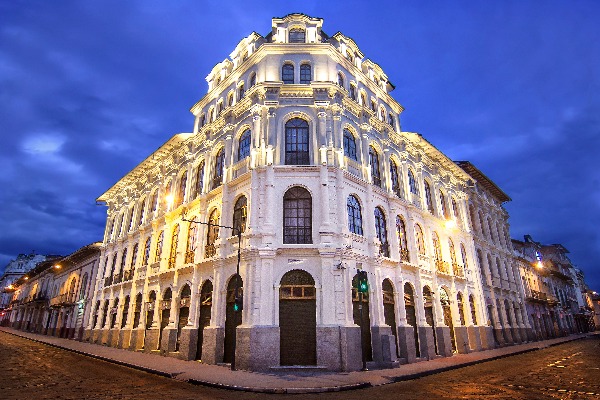Morales plots a return Bolivia’s presidency but faces long odds and a faltering economy
Evo Morales ruled Bolivia for 14 years and along with Brazil’s Luiz Inacio Lula da Silva and Venezuela’s Hugo Chavez was part of a wave of leftist leaders who reshaped the region’s politics. He’s now intent on running for president again.

Evo Morales
With the announcement that he will be a candidate in 2025, Morales is seeking to emulate the spectacular comeback of Lula, who after two terms as president was disgraced and then jailed, before returning to power this year.
Evo, as the former leader is known, also fell from grace. After trying to cling to office after losing a referendum on term limits, he fled the country in ignominy in 2019 following a disputed election, then lived in exile for a year in Mexico and Argentina.
But repeating Lula’s triumph won’t be easy: Morales’s dreams of a comeback overlap with an economic crisis, with his pronouncement rattling markets, splitting his ruling party and setting up a clash with his former protégé and current President Luis Arce.
Morales, 63, who rose from poverty to become the country’s first indigenous president, said on Sunday the decision to seek the top job again was due to attacks on him by the government that he helped get elected.
With the vote still two years away, Morales’s announcement reflects a rupture that has divided the ruling MAS socialist party into Arce supporters and those loyal to the former president, with each side accusing the other of graft and misconduct. “There is a big fight for who can have the MAS banner,” in the next election, said Jaime Dunn, a financial consultant based in La Paz.
Arce won the 2020 election in a landslide with Morales’s backing, and many Bolivians assumed that the former president would exercise a significant amount of influence over his old finance minister. But upon taking office, Arce, 59, charted his own course, ignored suggestions on ministerial changes and policy, and the two became estranged.
In the power struggle, Arce has an advantage because, as head of state, he controls more resources, Dunn said. According to one July poll, 36% of Bolivians have a favorable image of Arce, compared to 25% for Morales.
Arce hasn’t yet said whether he will seek a second term, and has only made vague calls for unity within the MAS party since Morales’s announcement.
The breach comes amid a growing balance of payments crisis in the landlocked Andean economy, as the central bank bleeds reserves to defend its currency peg of about 6.9 bolivianos per dollar.
Earlier this year, the country was gripped by a financial panic when the central bank almost ran out of dollars. Only a controversial legal change by congress allowed the bank to delay the day of reckoning by selling its gold reserves.
Investors were alarmed by a report this month that showed the bank was down to its last 26 tons of the metal, down about 40% from April.
“In this environment, the division in the MAS increases political instability in the country,” said Carlos Toranzo, an economist and political scientist based in La Paz.
The split could potentially benefit a non-MAS candidate in 2025, though the enfeebled opposition isn’t currently in a position to capitalize on the ruling party’s disarray, he said.





















